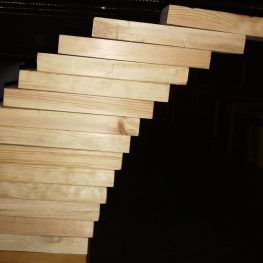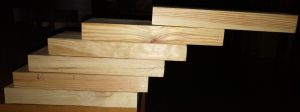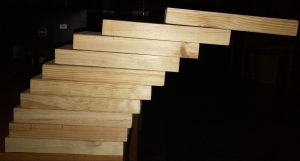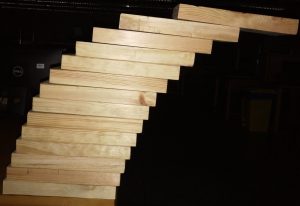| Student Manual |  In this experiment, we will explore a problem popularly known as "The Leaning Tower of Lire" in mathematical literature. This involves creating a mathematical model in order to determine the arrangement of stacking blocks in a manner that maximizes the overhang, which is essentially a measure of how much a stack leans outward. This seemingly simple problem will help you realize the challenge of attaining stability in various designs. Popularly, this is used in modeling bridges and arches. You will see how the stability of a structure is governed by carefully tinkering with the center of mass which you will explore hands-on in this experiment. You will also make use of mathematical induction and realize how it is a powerful tool in arriving at a mathematical model that assists us in solving physical problems. |
| Sample Results | ProjectionsData for books’ overhang |
| Experiment Code | 1.31 |
Further Readings and References
- The Physics of Stacking BooksIn Praise of Simple Physics: The Science and Mathematics Behind Everyday Questions, Jhonson, Paul B., 92-102, (2016).
- Leaning Tower of LireAmerican Journal of Physics, Jhonson, Paul B., 23 (4), 240, (1955).


